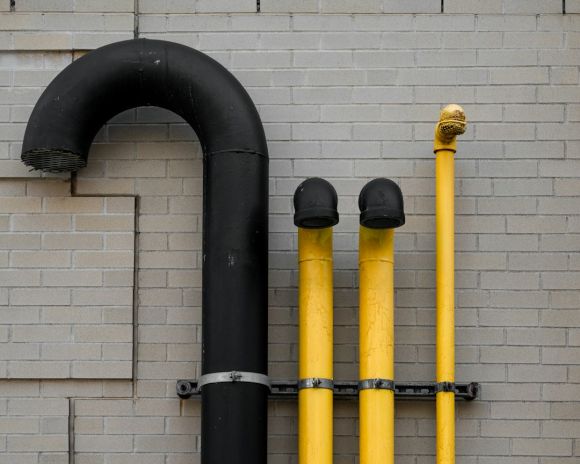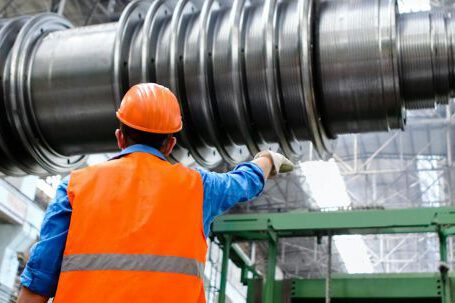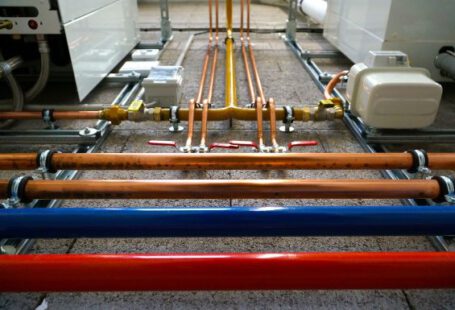Pipes are an essential part of our everyday lives, carrying water and other fluids throughout our homes and buildings. However, over time, these pipes can become susceptible to corrosion and scale build-up, leading to potential plumbing issues and costly repairs. In this article, we will explore some effective preventive measures to keep your pipes in top shape and avoid the headache of dealing with pipe corrosion and scale build-up.
Understanding Pipe Corrosion
Corrosion occurs when metals react with the surrounding environment, resulting in the deterioration of the material. In plumbing systems, corrosion is a common problem that can lead to leaks, blockages, and even pipe failure if left untreated. Understanding the causes of pipe corrosion is crucial in preventing it from occurring in the first place.
Maintain Proper pH Levels
One of the main causes of pipe corrosion is an imbalance in the pH levels of the water flowing through the pipes. Water with a low pH, also known as acidic water, can accelerate the corrosion process. On the other hand, water with a high pH, or alkaline water, can cause mineral deposits to form on the inner surfaces of the pipes, leading to scale build-up. Regularly testing the pH levels of your water and taking appropriate measures to maintain a balanced pH can help prevent pipe corrosion.
Install a Corrosion-Resistant Plumbing System
Choosing the right materials for your plumbing system can significantly reduce the risk of pipe corrosion. Opting for corrosion-resistant materials such as copper, stainless steel, or PVC can ensure the longevity of your pipes and minimize the chances of corrosion occurring. Additionally, using plastic or rubber gaskets instead of metal ones can prevent galvanic corrosion, a type of corrosion that occurs when two dissimilar metals come into contact with each other.
Preventing Scale Build-up
Scale build-up, also known as limescale, occurs when mineral deposits accumulate on the inner surfaces of pipes. This can restrict water flow, reduce water pressure, and even lead to pipe blockages. To prevent scale build-up, consider the following preventive measures:
Water Softening
Hard water, which contains high levels of minerals such as calcium and magnesium, is a common cause of scale build-up. Installing a water softener can help remove these minerals, preventing scale formation. Water softeners use ion-exchange resins to replace the calcium and magnesium ions with sodium ions, resulting in softer water that is less likely to cause scale build-up.
Regular Flushing
Regularly flushing your pipes can help remove any sediment or mineral buildup, preventing scale from accumulating over time. Flushing can be done by running a large volume of water through the pipes or using a descaling solution specifically designed to dissolve scale.
Proper Maintenance
Regular inspection and maintenance of your plumbing system can go a long way in preventing scale build-up. Checking for any leaks, repairing dripping faucets, and ensuring proper drainage can help maintain the overall health of your pipes and minimize the chances of scale formation.
In conclusion, preventing pipe corrosion and scale build-up requires proactive measures such as maintaining proper pH levels, installing corrosion-resistant materials, and taking preventive actions against scale build-up. By following these preventive measures and staying vigilant with regular maintenance, you can ensure the longevity and efficiency of your plumbing system, saving yourself from the hassle and expense of dealing with pipe corrosion and scale build-up in the future.



